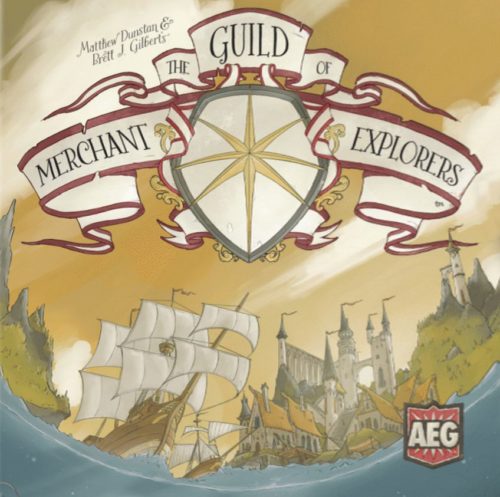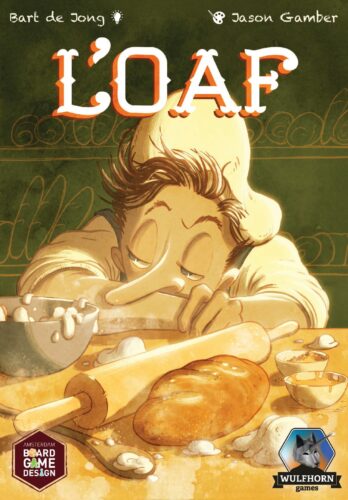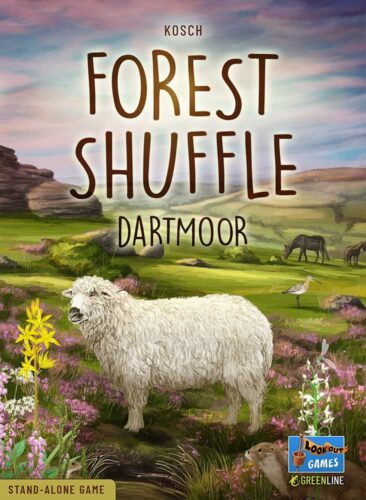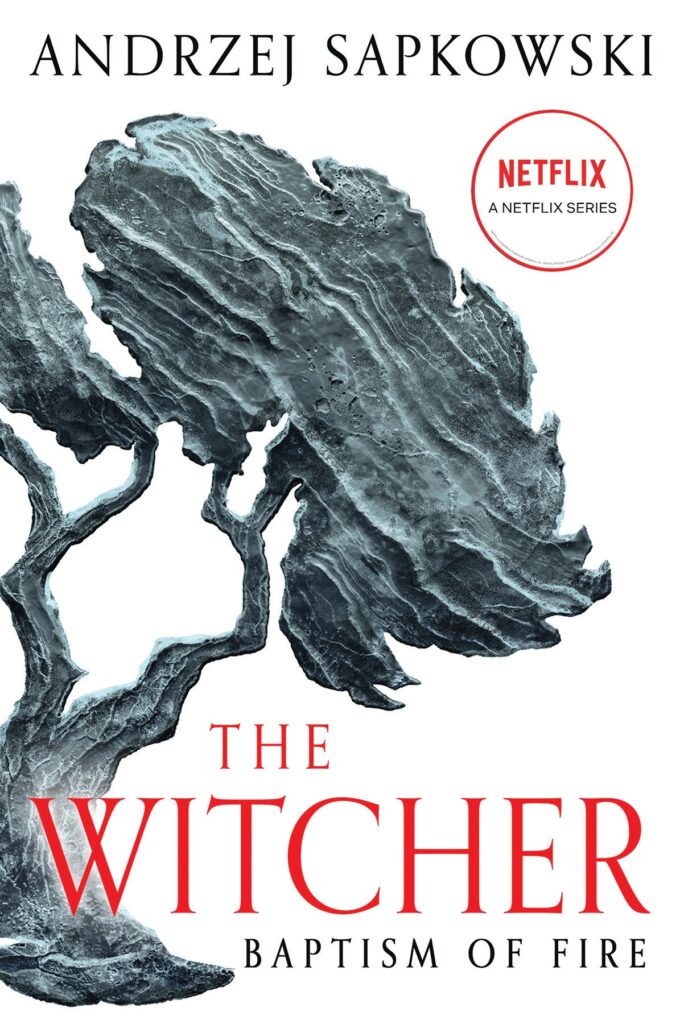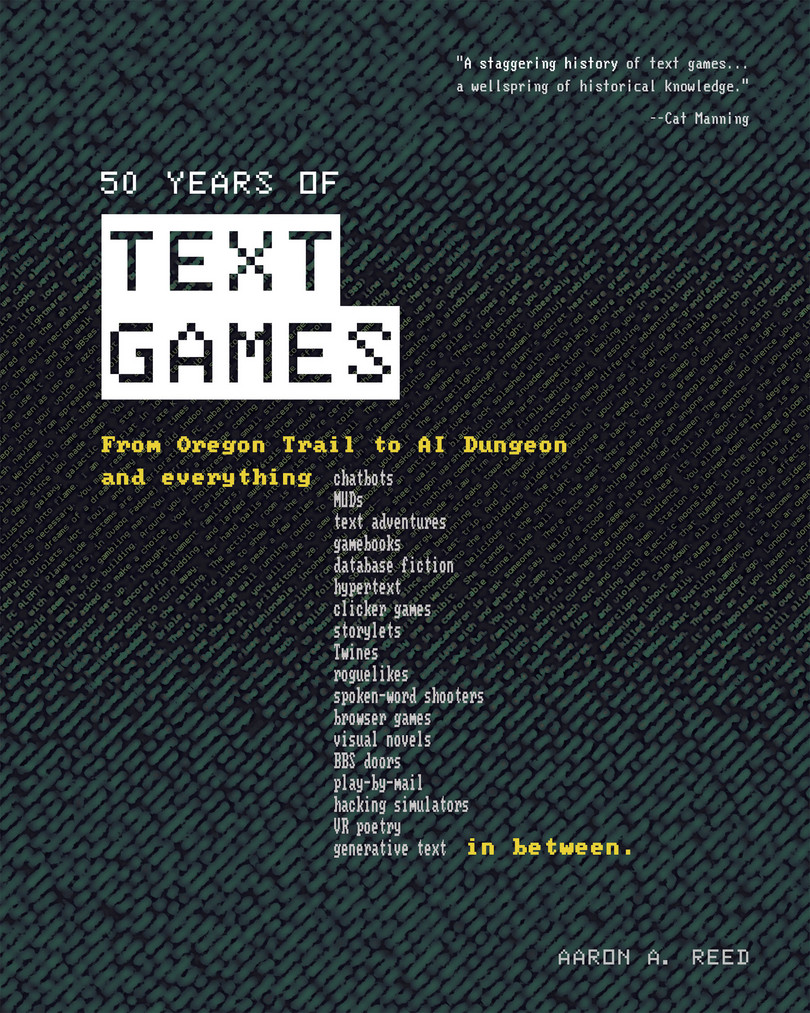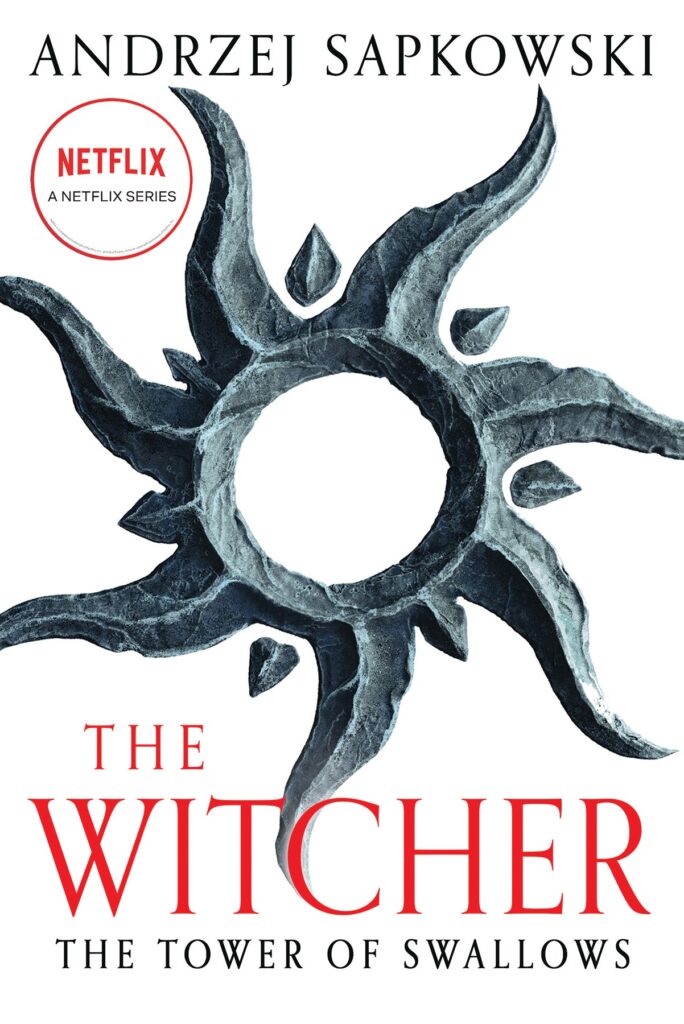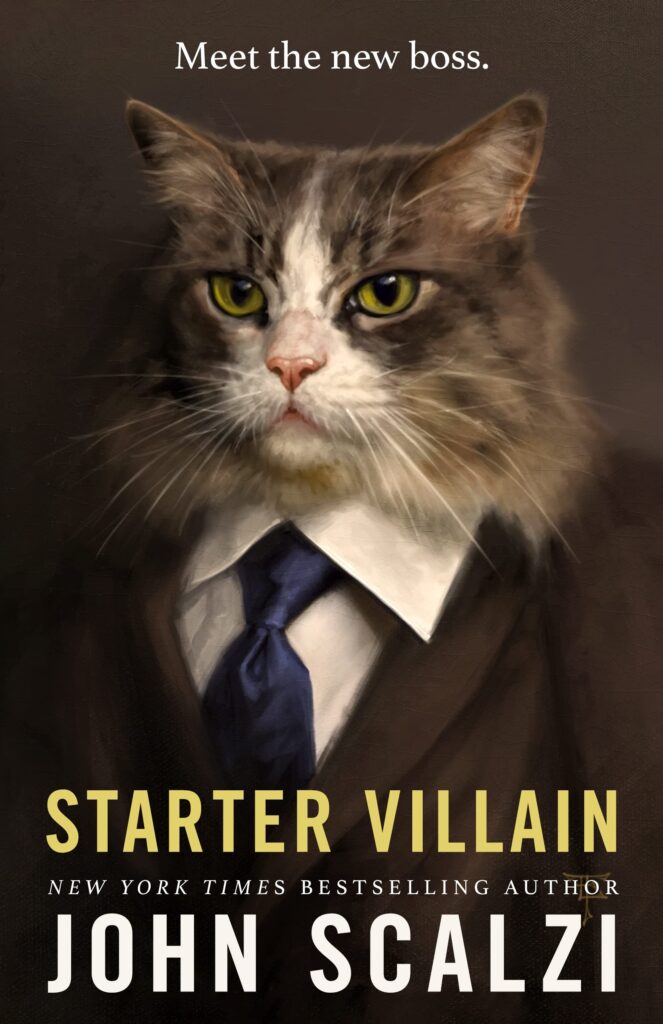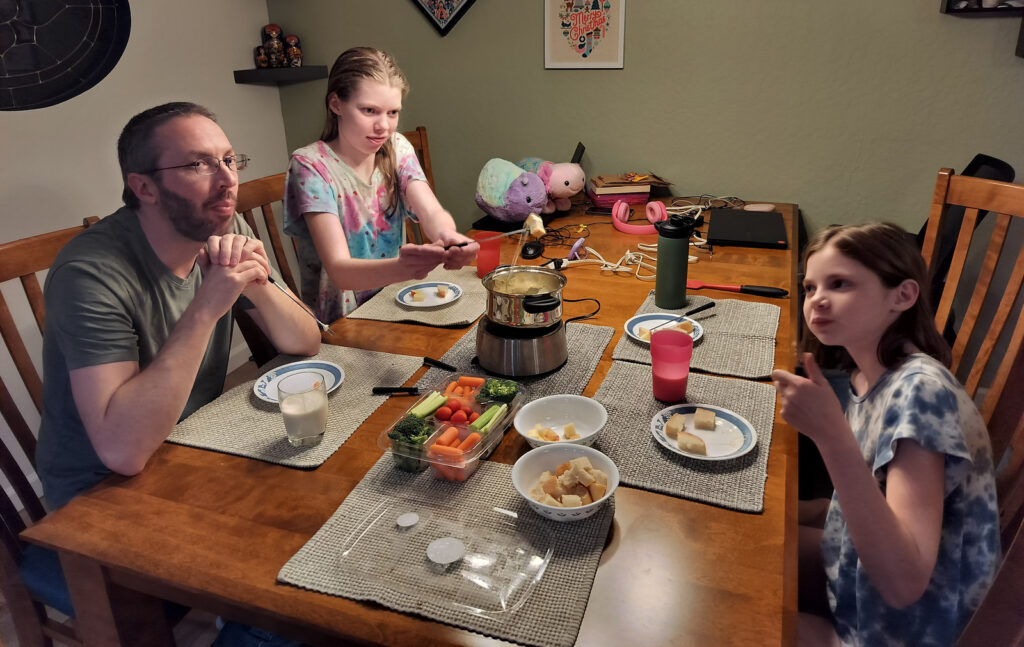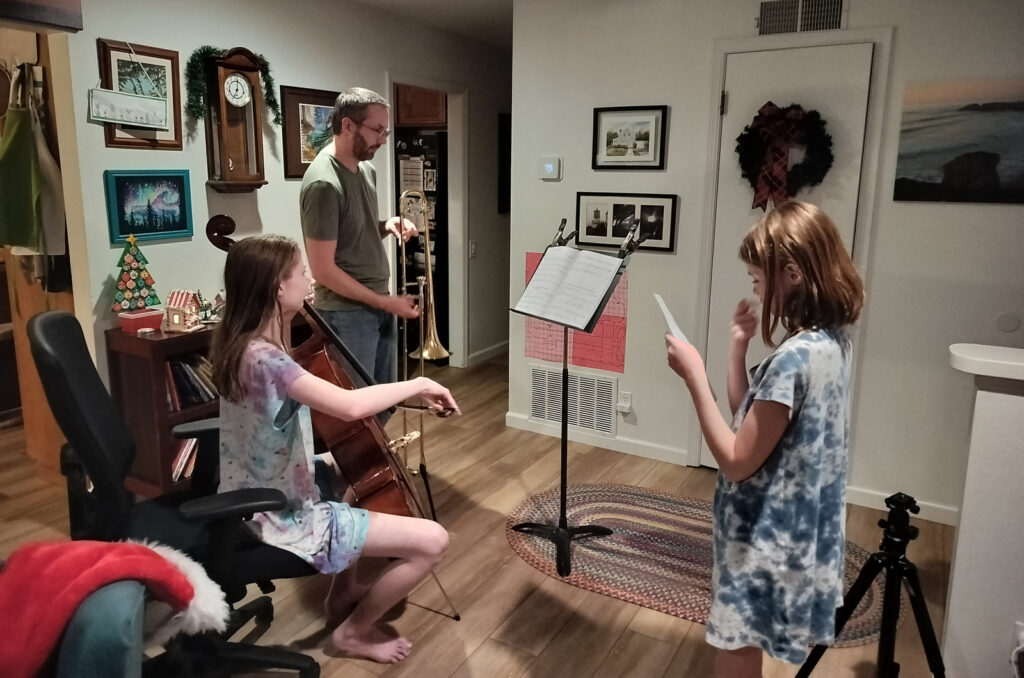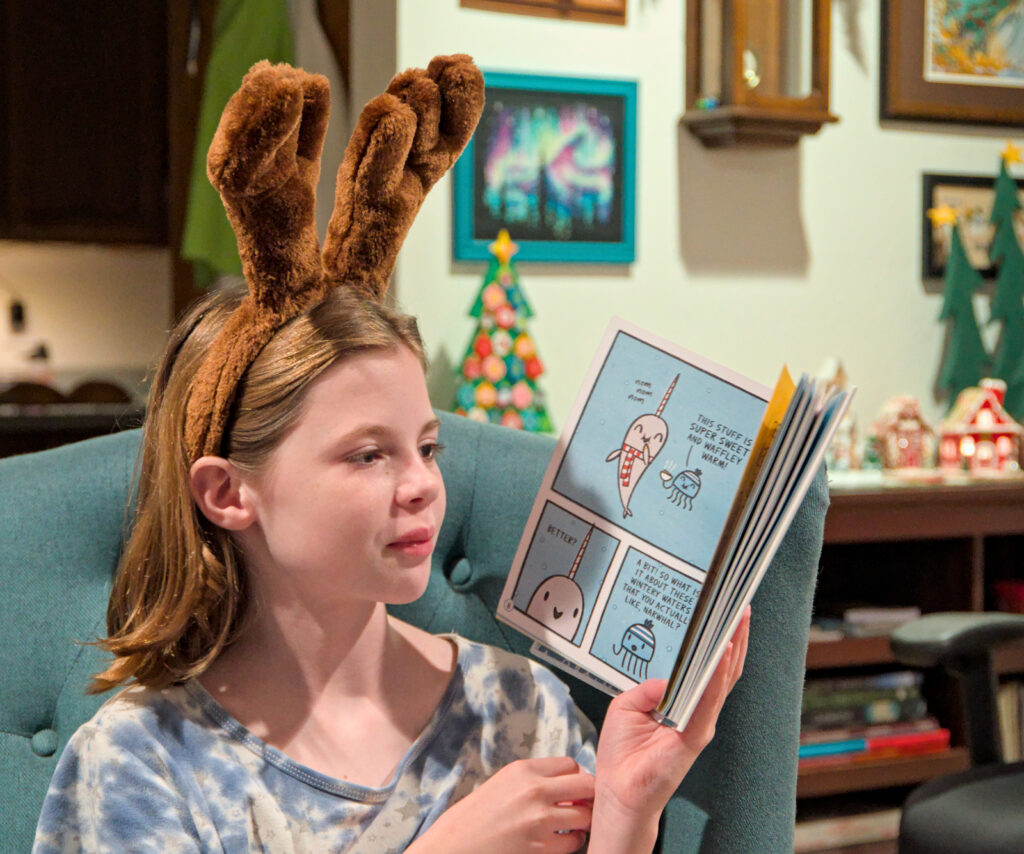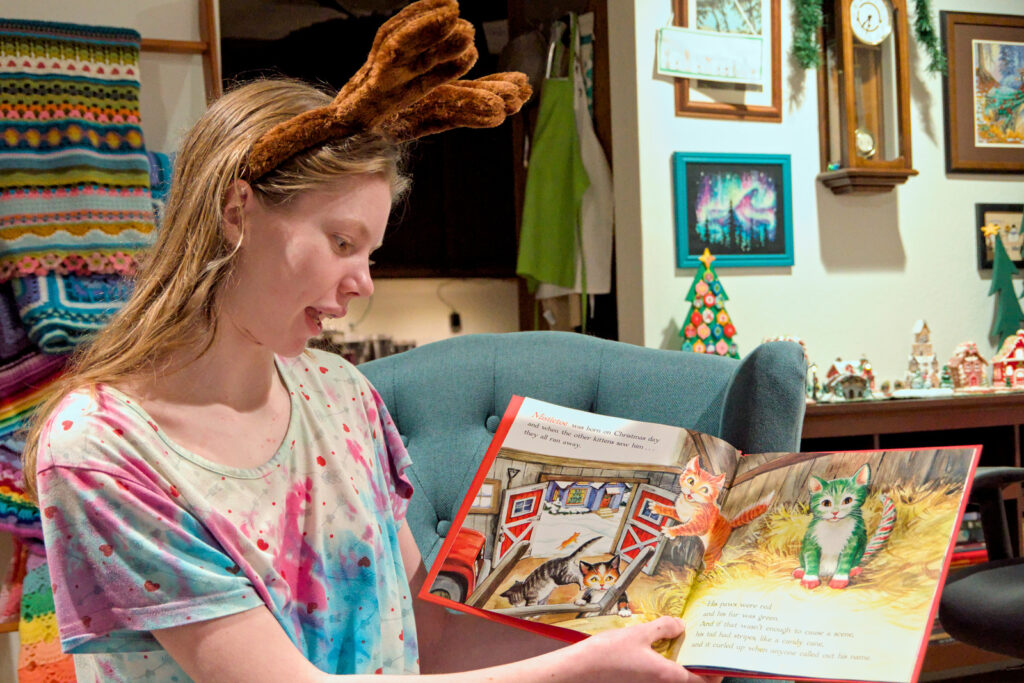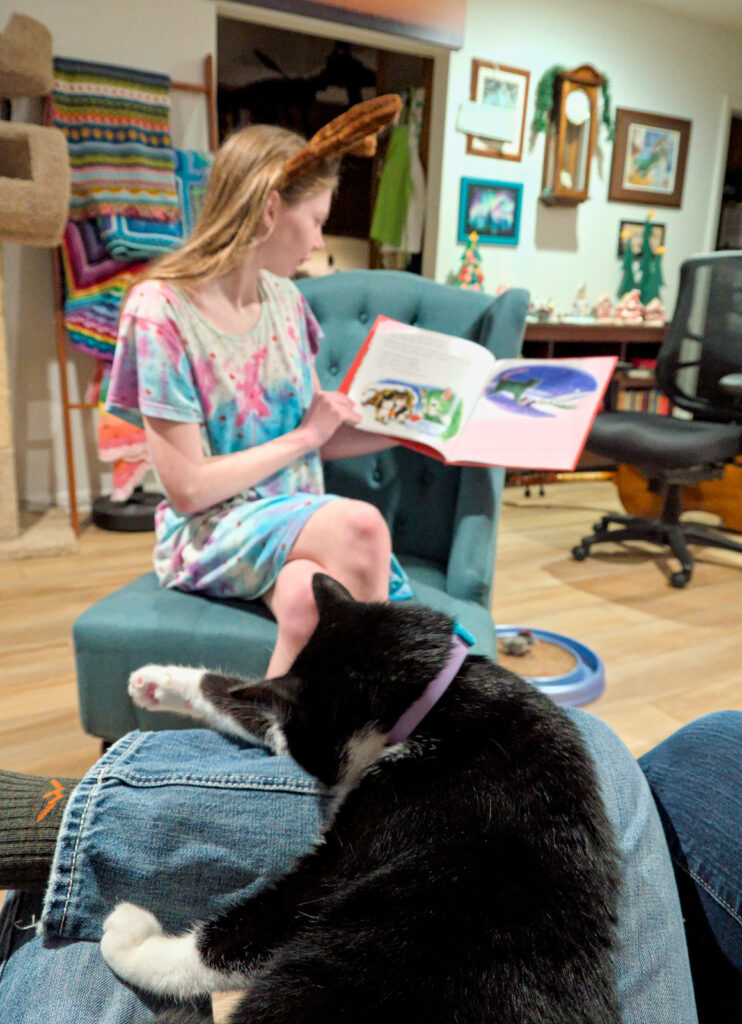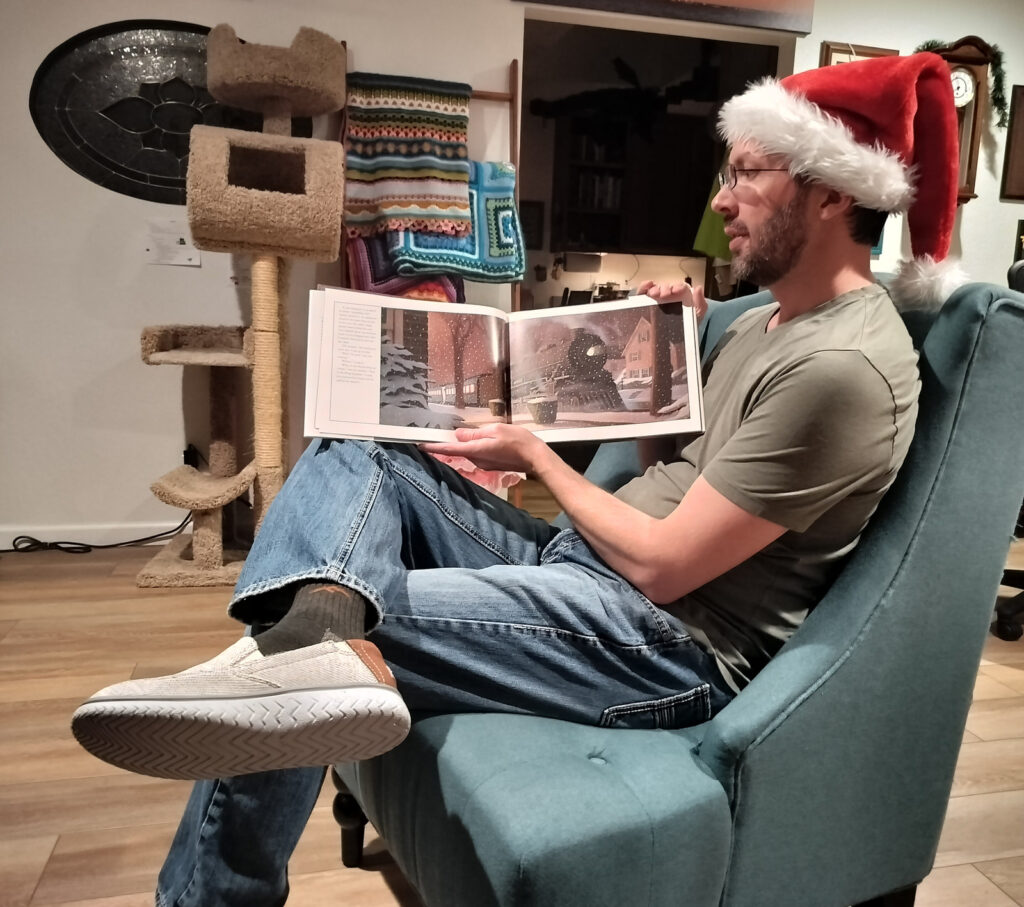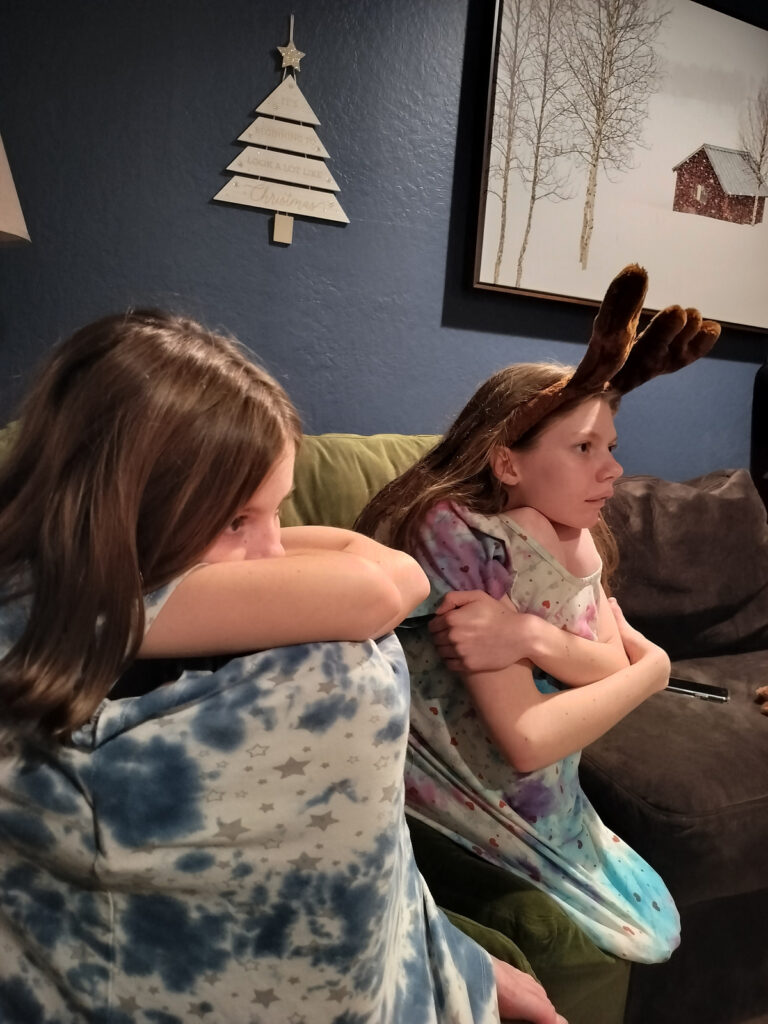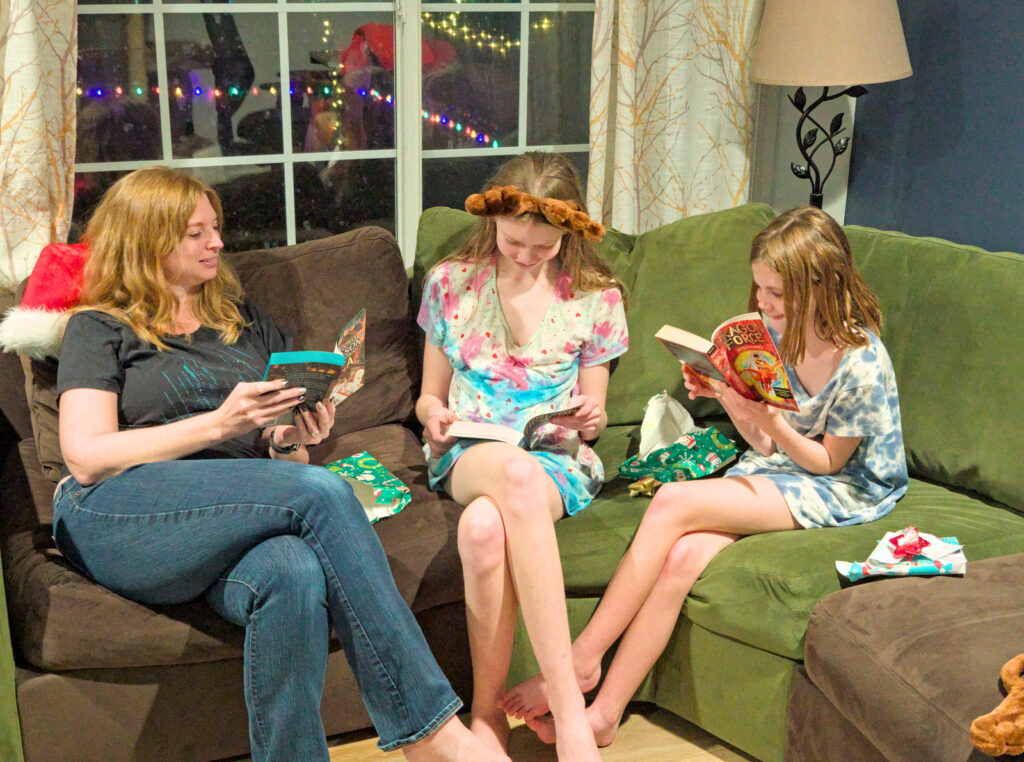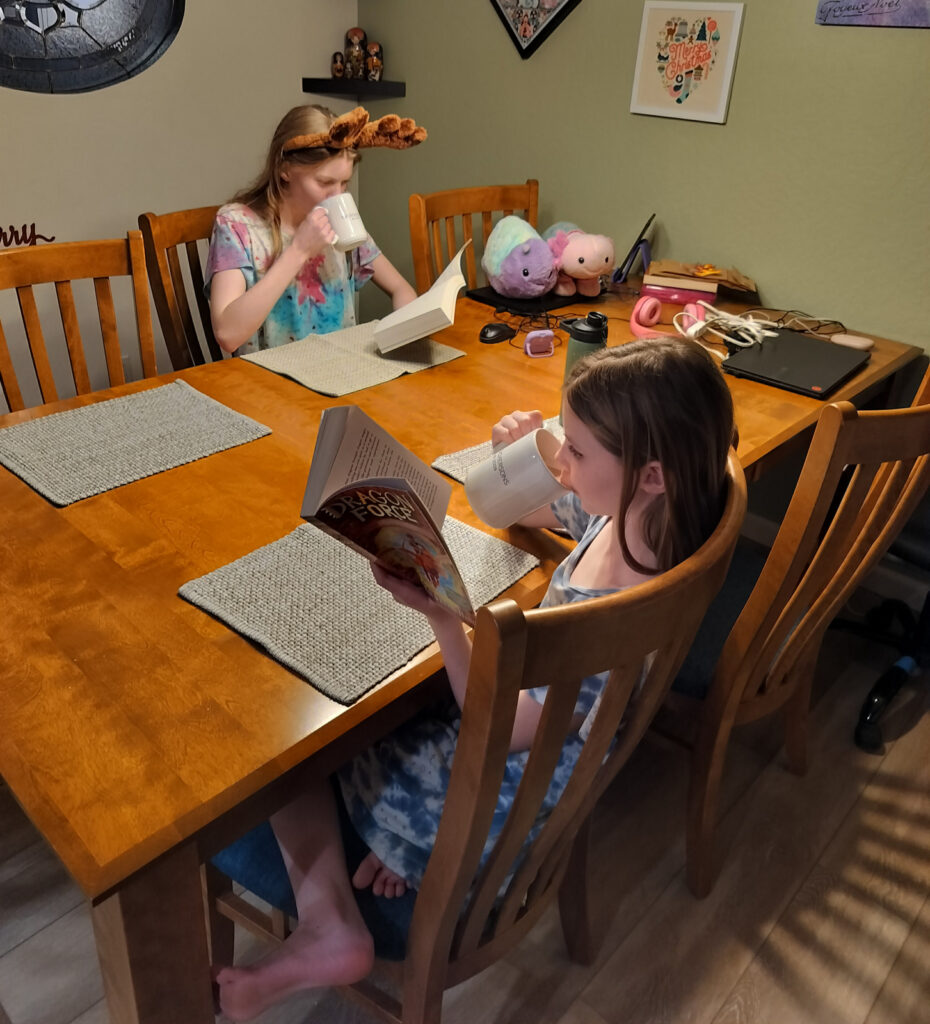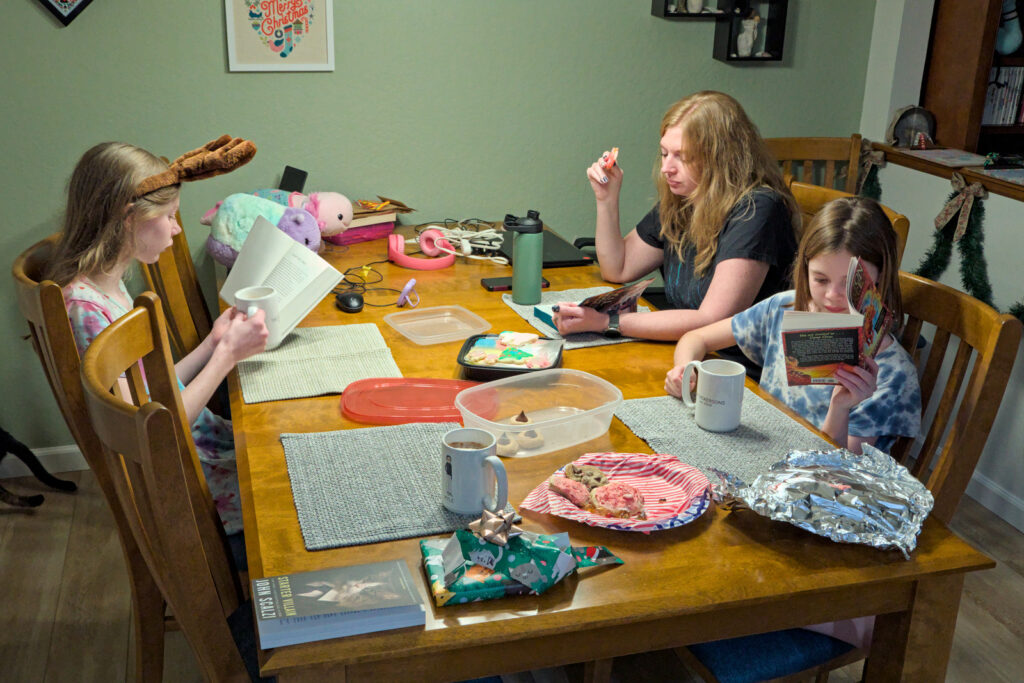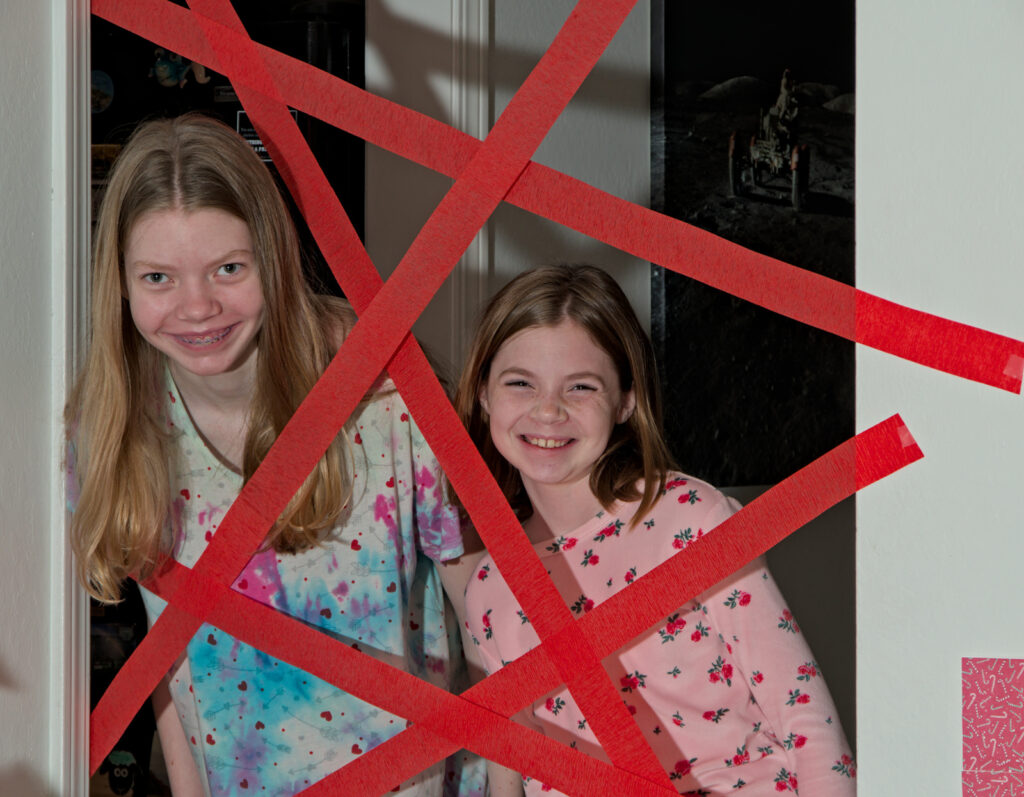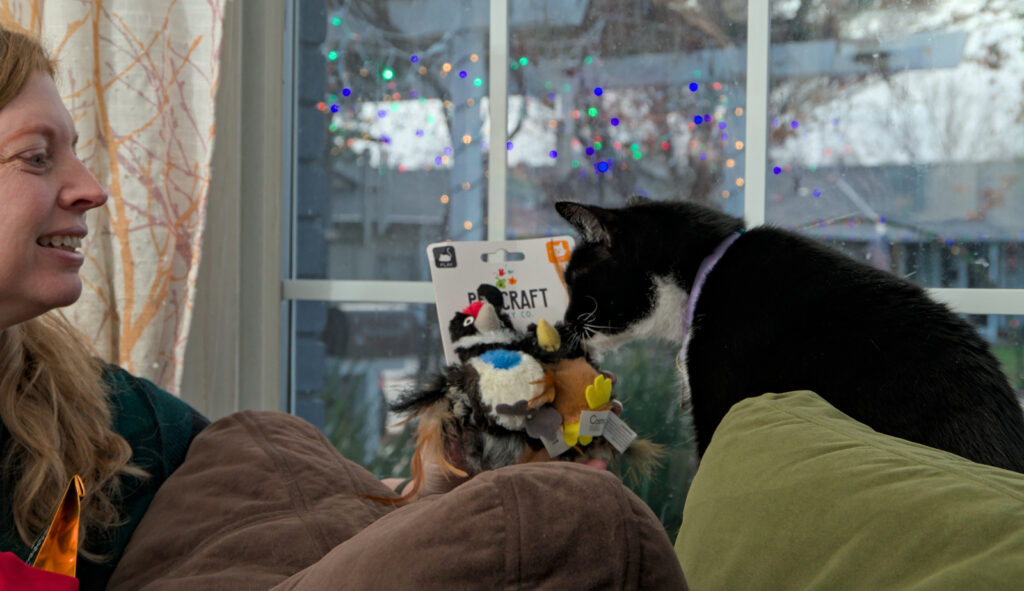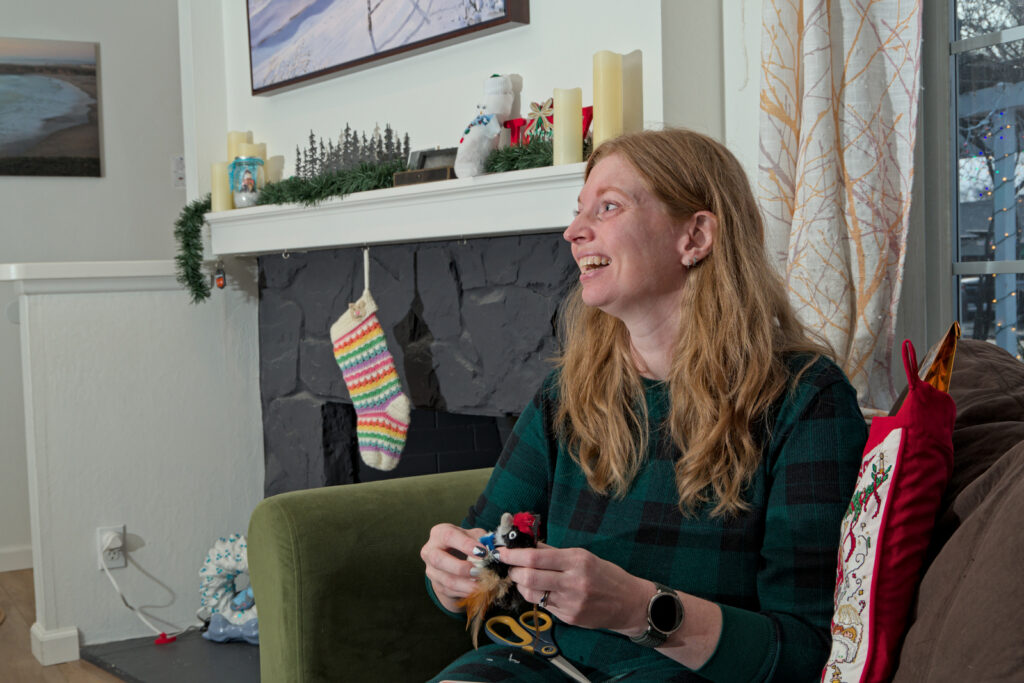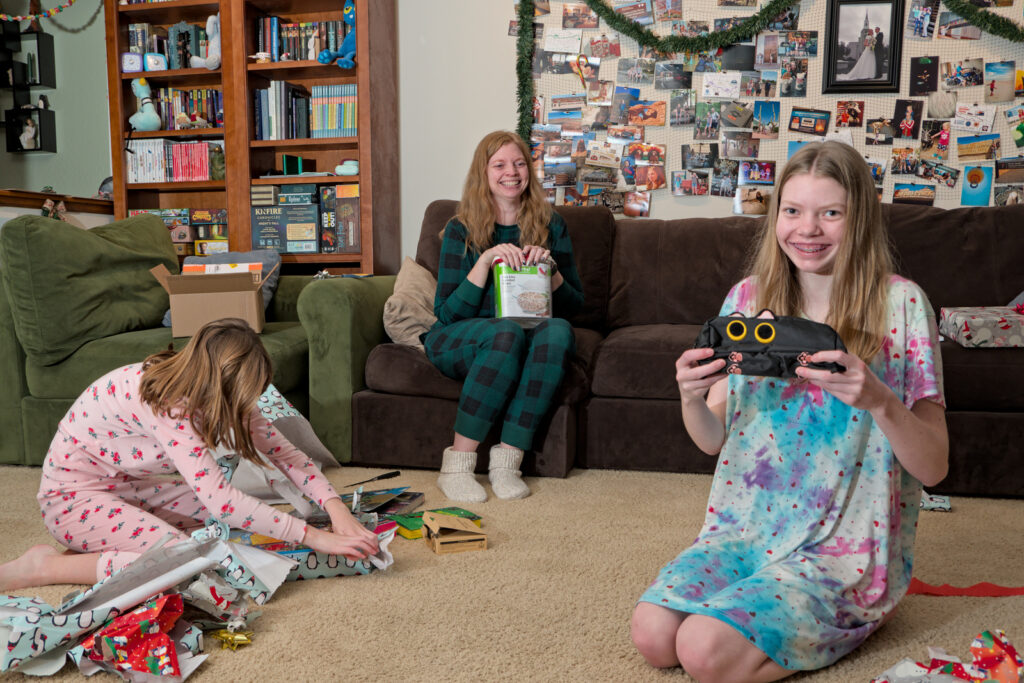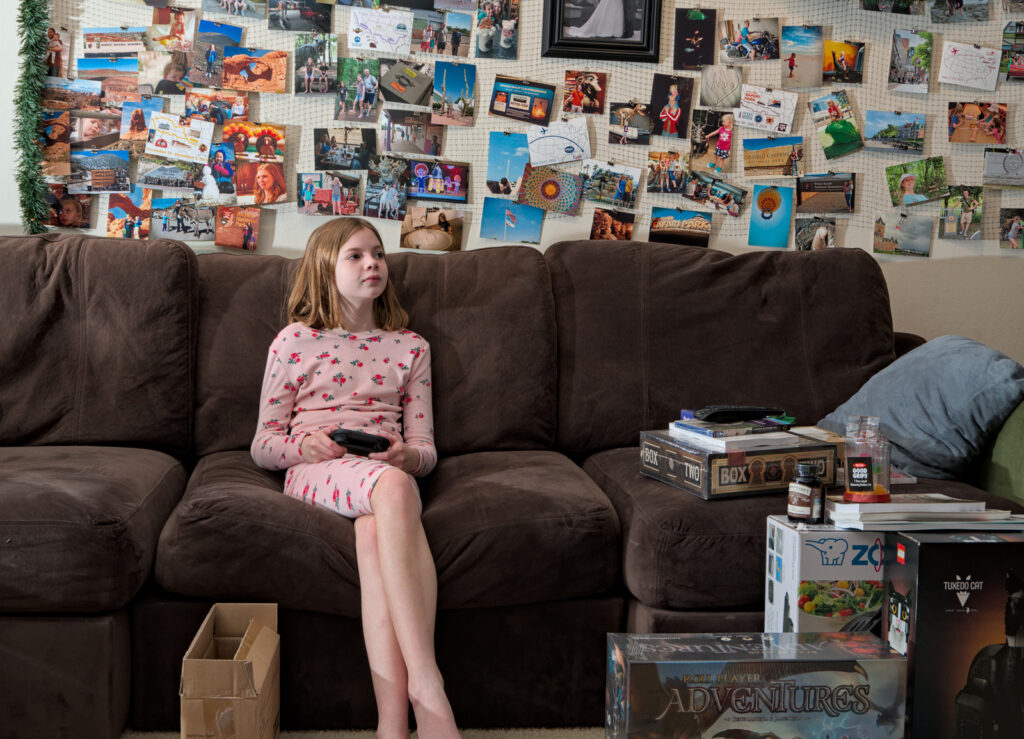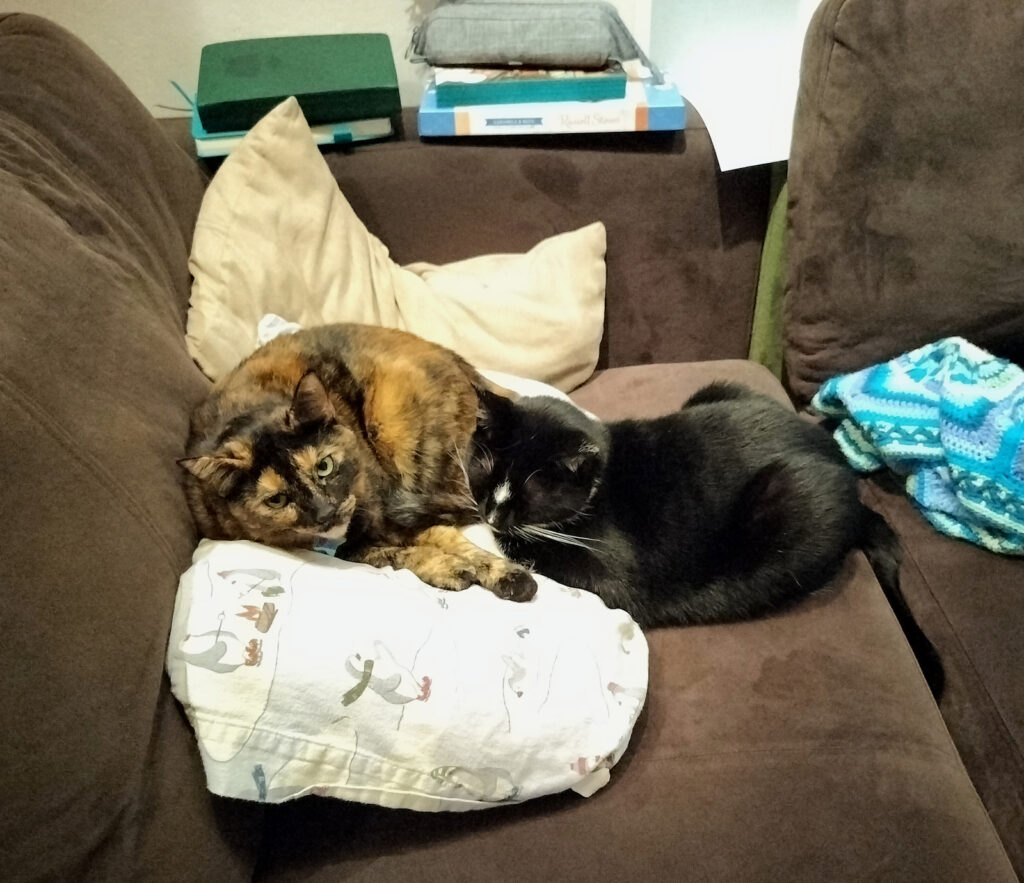I have been running Home Assistant from a RPi 3B with a Conbee II stick for Zigbee (using ZHA) for years now. Finally decided to upgrade and directly support the Home Assistant project by migrating to a Home Assistant Green device with the Home Assistant Connect ZBT-2 Zigbee adapter.
I wasn’t sure how painful the process was going to be, so now that I’ve done it, I wanted to document it. It went quite smoothly with really only one tiny hiccup.
I made a backup of my existing system and shut it down. I moved the Conbee II stick to the HA Green, connected the network cable, and plugged it in. It showed up on the network without issue. When I connected to it, it said it was “starting up” or something similar. Expanding the details didn’t show anything happening. After a few minutes I started to get concerned that perhaps there was an issue, but shortly thereafter it finished and showed me the setup page. I restored from the backup and waited a bit for that to complete (it would be a nice improvement to have a progress bar for the restoration process).
When the restoration completed, I logged in as expected and saw that the Zigbee system (via ZHA) was grumpy about something and that HA detected updates to install. I installed the updates first before tackling the ZHA issue. It was complaining about the current configuration not matching the last backup. I had thought moving over the existing Conbee II dongle and doing the restore would go more smoothly than trying to jump directly to the ZBT-2 while doing the hardware upgrade, but that seems to have been a mistaken assumption. I clicked on the gear icon for ZHA and it asked if I wanted to reinitialize the existing adapter or migrate to a new one. At this point, I suspect I could have migrated to the ZBT-2, but I wanted to get things functioning with known-good hardware to minimize variables so I opted to reinitialize the existing adapter and that seemed to work fine. ZHA stopped complaining and my Zigbee devices started re-establishing communications with Home Assistant.
Next I plugged in the ZBT-2 and followed the instructions it came with to add the device. It performed the firmware update to configure the adapter for Zigbee, but then the onboarding flow stopped. But I simply clicked the “Add” button on the automatically-detected ZBT-2 device again and everything completed without issue. I unplugged the old Conbee II dongle after the migration completed (when HA says you can do that) and verified that my Zigbee devices were still functioning with the new adapter.
But some of my Zigbee devices fell off the network during the migration. All of which were battery-powered devices: two water-leak sensors (a third one stayed connected), a vibration sensor, and a button (a second one stayed connected). Not sure why some stayed of and some fell off. I believe the three water-leak sensors are the same make/model. Same for the two buttons.
Overall, pleasantly low friction in this migration.
